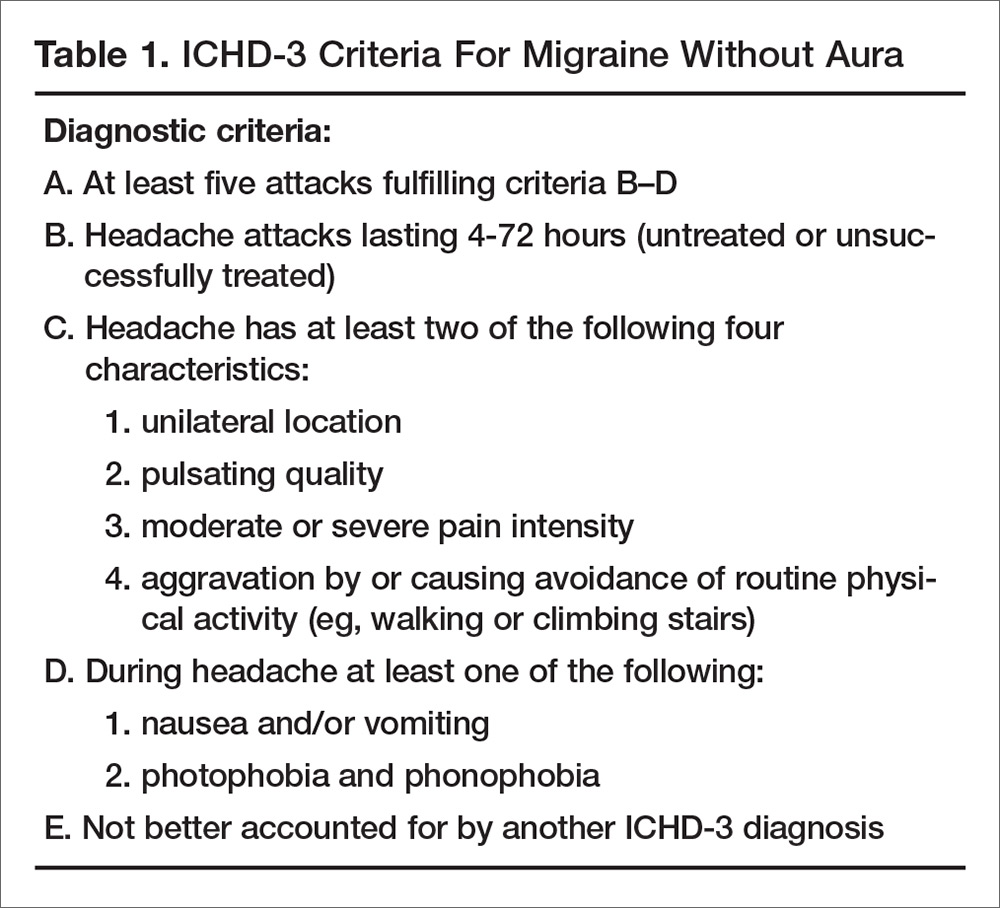

Call your doctor or nurse advice line if you think you are having a problem with your medicine. If your doctor has prescribed medicine to prevent migraines, take it exactly as prescribed.If your doctor has prescribed medicine for when you get migraines, take it at the first sign of an aura, unless your doctor has given you other instructions.You may have medicine that you take only when you get a migraine and medicine that you take all the time to help prevent migraines. If your doctor has prescribed medicine for your migraines, take it as directed.Triggers may include certain foods (chocolate, cheese, wine) or odours, smoke, bright light, stress, or lack of sleep. List anything that might have triggered the aura. Note if the aura or headache occurred near your period. These may include nausea or sensitivity to bright light or loud noise. Write down any other symptoms you had with the aura. Record when each aura or headache began, how long it lasted, and what the symptoms were like. Avoiding triggers may help you prevent migraines. Keep a diary so you can figure out what triggers your auras or headaches.These are called medicine-overuse headaches. Taking too much pain medicine can lead to more headaches. Talk to your doctor if you are taking medicine more than 2 days a week to stop a headache. Don't take medicine for headache pain too often.You will get more details on the specific medicines your doctor prescribes.

Take your medicines exactly as prescribed. Have someone gently massage your neck and shoulders.This can relax tight shoulder and neck muscles. Use a warm, moist towel or a heating pad set on low.Put a thin cloth between the cold pack and your skin. If you get a headache, put a cold, moist cloth or cold pack on the painful area for 10 to 20 minutes at a time.Rest in a quiet, dark room until your aura or headache is gone.Do not drive if you have taken a prescription pain medicine.A GP may suggest trying them before recommending other treatments. There are things you can do if you get retinal migraines.

Things you can do if you get retinal migraines Keeping a record of when you get migraines in a diary can help you work out what might be causing them. Retinal migraines are thought to happen when the blood vessels in your eye suddenly narrow, restricting the blood flow. If these treatments do not help control your migraines, you may be referred to a specialist called a neurologist for more tests and treatment.
MIGRAINE AURA TREATMENT WITHOUT HEADACHE SKIN

you suddenly feel dizzy, drowsy or confused.you have sudden vision loss, blurred vision or double vision.you suddenly have problems speaking or remembering things.you have a headache that came on suddenly and is extremely painful.


 0 kommentar(er)
0 kommentar(er)
